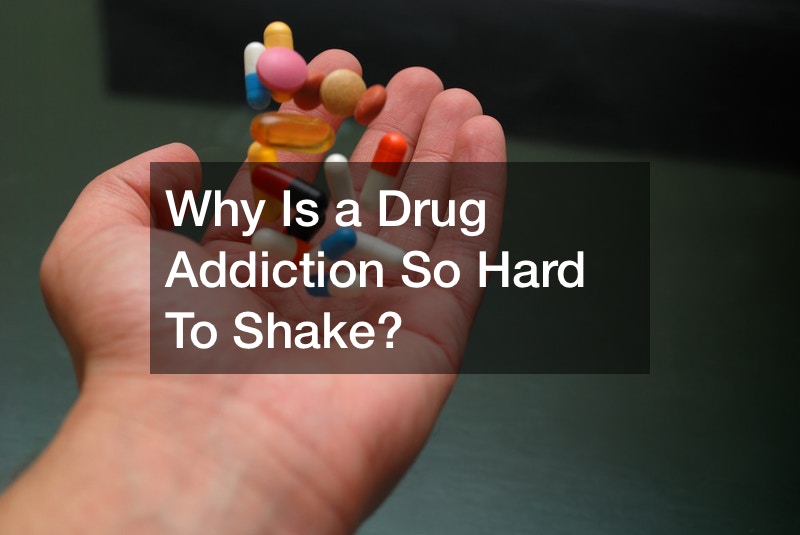
Disclaimer: This website provides health information for educational purposes only and is not a substitute for professional medical advice, diagnosis, or treatment. Always seek the guidance of a qualified healthcare provider with any questions you may have.
Drug addiction can impact anybody. And when someone is ready to quit, the process can be difficult. They likely have a reason for using drugs, so doctors will need to treat those reasons as well as the addiction. A very common approach for treating drug addiction involves rehab, where the patient will spend time physically and mentally recovering from their addiction. They might receive a shot to stop drinking as well as therapy. Rehab can be inpatient or outpatient and lasts for weeks or months.
However, rehab is just the start of recovery. After leaving, the patient might move into a sober house for a little while. These resources help people to get back on their feet in a supportive environment. Depending on their addictions, they might also continue therapy or become a patient at a methadone clinic. Drug addiction can be beaten, but it takes a lot of work. Patients can find support through rehabs and hospitals, giving them everything they need in order to get better. From there, it is up to them to keep working.
Many people are judgmental about those who have substance abuse problems, but the truth is that it should be seen as any other medical condition. It is very likely that nobody chooses to be addicted to drugs; although they make choices that lead up to the addiction, they do not choose to lose control and allow the addiction to rule their lives. If someone is in a position where drugs seem to be playing too big of a role in his or her life, and it seems to be impossible to control, they need to get some professional help for their drug addiction.
For example, if someone is specifically addicted to one or more opioids, this individual should look for an opioid addiction treatment center. If you have someone in your life who is in the situation, you should read up on addressing substance abuse and adult addictions. This can help you approach the individual in a helpful and non-judgmental manner, and you can perhaps assist them in pursuing affordable mental health treatment. In addition, you can make sure to be there for the person after drug rehab, so that you can help them start a new life free of drug addiction.
Why exactly is it so hard to treat drug addictions?
If you’re like most people who struggle with a substance abuse problem, you probably have plenty of reasons to quit, and you’ve probably tried countless other programs and medications. But there’s something that just draws you back each time and makes you feel as though you don’t have a choice, right? It’s not so much about wanting that joint, or that bump of cocaine, as it is needing the drug.
We get it, and no, you’re not crazy. The truth is, drug addiction is so hard to quit because it affects your body on so many different levels. There’s the biological level, which leaves your body unable to function without the drug, and there’s also the psychological level, where you might be unable to cope with other problems in your life without a buffer. The mere thought of going off the drug might make you so anxious that you end up taking more.
On top of it all, the stigma surrounding drug addiction makes it difficult to find really helpful resources and connect with other people who understand. Many addicts don’t seek help from drug treatment programs, because they don’t want to be labeled as lazy or selfish. This creates a snowball effect where many drug users end up withdrawing from their normal daily activities and pulling away from healthy relationships out of fear of social judgment.
The process of an alcohol addiction treatment or a drug addiction treatment isn’t easy — there’s no doubt about it.

This is where ibogaine therapy can help. Ibogaine has been unregulated in Mexico since 2009 and has been shown to reduce cravings for drug use after 72 to 96 hours. Not only can ibogaine therapy be used to treat opiate addictions, but it’s also one of the few treatment options available for stimulant addictions as well. It’s just one step on your road to recovery, but it’s a stride that can make all the difference.